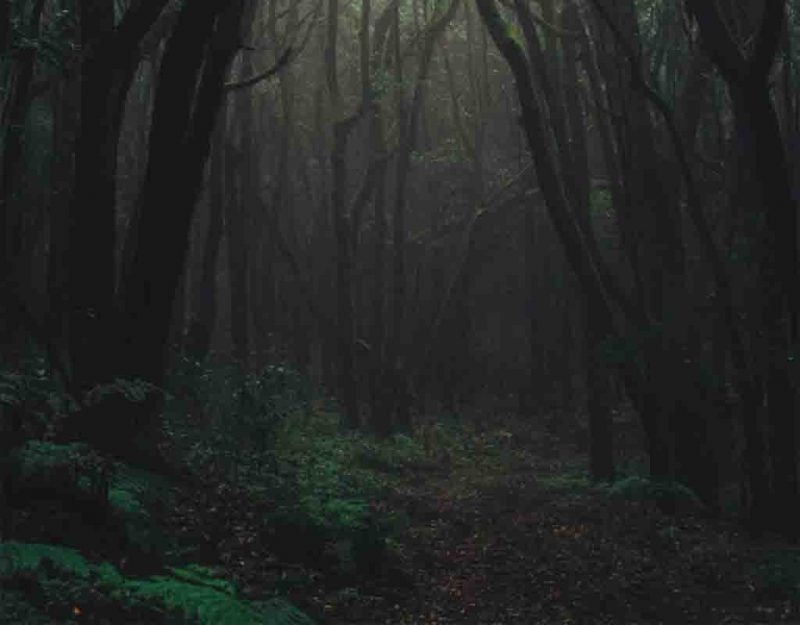Star Seeds
People often doubt the transcendental vision of life as a necessary part of the universe creating itself, including the invention of consciousness and its refined form, intelligence. Much as the universe arose from an idea and rendered time, matter, energy, and space, so intelligence emerges from those.
It seems that ordinary biology may even be ready for space travel:
“Most living organisms, including humans, cannot survive even briefly in the vacuum of space,” says lead author Tomomichi Fujita of Hokkaido University. “However, the moss spores retained their vitality after nine months of direct exposure. This provides striking evidence that the life that has evolved on Earth possesses, at the cellular level, intrinsic mechanisms to endure the conditions of space.”
In March 2022, the researchers sent hundreds of sporophytes to the ISS aboard the Cygnus NG-17 spacecraft. Once they arrived, the astronauts attached the sporophyte samples to the outside of the ISS, where they were exposed to space for a total of 283 days. The moss then hitched a ride back to Earth on SpaceX CRS-16 in January 2023 and was returned to the lab for testing.
“We expected almost zero survival, but the result was the opposite: most of the spores survived,” says Fujita. “We were genuinely astonished by the extraordinary durability of these tiny plant cells.”
This fits with the idea that life travels between planets. A meteorite carries a bit of soil across a few billion miles of space, smashes into an ocean, and then mosses take over the new planet. They begin to mutate and produce spinoff species, and pretty soon you have a wide range of plants and eventually, one-celled animals.
That idea, called panspermia, argues that life has a role in limiting entropy:
Endres applies information theory and algorithmic complexity to understand what it would take for the first living cell, called a protocell, to spontaneously assemble from chemical building blocks. This mathematical angle reveals just how improbable such an event would be under natural conditions.
The research suggests that relying purely on chance and natural chemical processes may not adequately explain life’s emergence within the timeframe available on early Earth. The tendency for systems to become more disordered rather than more organized, presents significant obstacles to the formation of the highly organized structures necessary for life.
Entropy refers to the tendency of all systems to become disordered over time. Life, by enacting a sorting process, reduces the randomness and repetition, and applies a type of flexible, resilient order that operates through opposites keeping each other in check.
In this way, biology keeps the universe from collapsing inward on its own expansion by creating complexity, or the science of replicated patterns in different alignments producing enduring structures. Much as how decay produces nutrients, life converts disorder into fertile compost from which new order will arise.
Tags: complexity, entropy, panspermia










